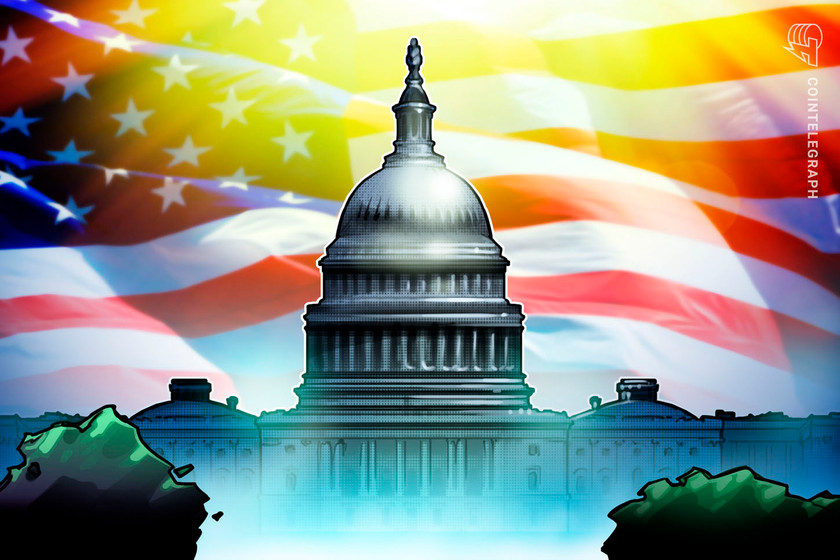Welcome to Law Decoded, your weekly digest of all the major developments in the field of regulation.
So, Sam Bankman-Fried, public enemy number one, won’t appear in front of Senators on Dec. 14, as he missed the deadline for responding to a Senate Banking Committee request. However, we could witness the entrepreneur appear before Congress even a day earlier, on Dec. 13.
Replying to a thread of tweets from Representative Maxine Waters, Chairwoman of the Financial Services Committee, the former CEO of FTX expressed his willingness to testify at a committee hearing in the U.S. House of Representatives. John Ray, who took over as FTX CEO on Nov. 11 following Bankman-Fried’s resignation, will also be present as a witness.
The House Hearing surely won’t be the last time Bankman-Fried encounters tough questions from the state. The United States Department of Justice (DOJ) is reportedly investigating a potential fraud that involves him siphoning funds offshore just days before FTX filed for bankruptcy. According to an anonymous informant, DOJ officials met with FTX’s court-appointed overseers to discuss the scope of the information they needed for further investigation. The DOJ also plans to investigate whether Bankman-Fried unlawfully transferred FTX funds to Alameda Research.
And that’s not the final list of potential allegations. A watchdog group, the Citizens for Responsibility and Ethics in Washington, believes the businessmen made “dark money donations.” It has filed the complaint with the Federal Election Commission, accusing Bankman-Fried of “direct and serious violations of the Federal Election Campaign Act” for donating anonymously to the Republican party during the last electoral campaign. As it happened, Bankman-Fried himself publicly admitted it in one of his recent interviews.
Crypto consumer protection, proof-of-reserves bills introduced to U.S. Congress
United States Representative Ritchie Torres has introduced bills in the House of Representatives to prohibit the misuse of customer funds by cryptocurrency exchanges and to require they disclose proof of reserves to the Securities and Exchange Commission (SEC). The bills carry the titles of “Crypto Consumer Investor Protection Act’’ and “Crypto Exchange Disclosure Act,’’ and have been referred to the House Financial Services Committee.
Torres also wrote a letter requesting a Government Accountability Office review of “the SEC’s failure to protect the investing…
Click Here to Read the Full Original Article at Cointelegraph.com News…
























